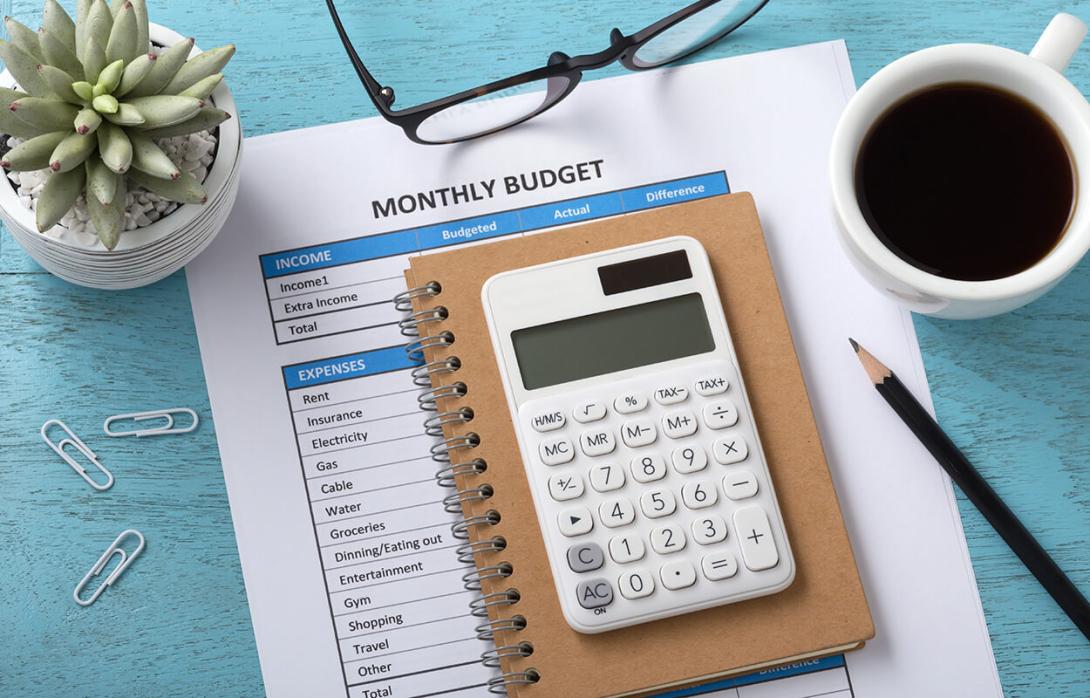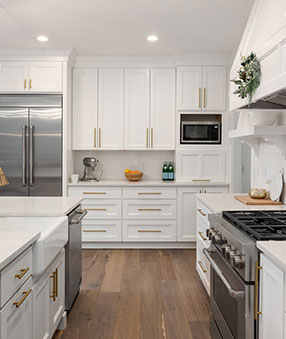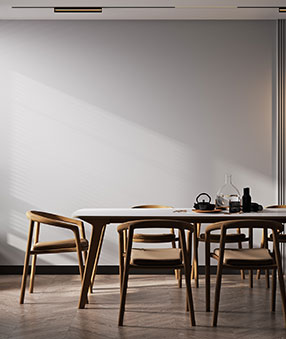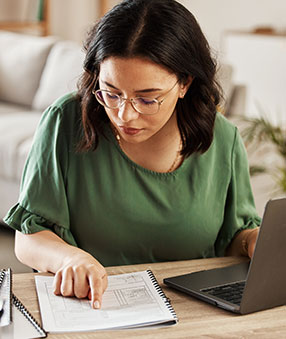
From watching your money and improving spending habits, to becoming better at saving, a budget is an amazing financial tool. Being able to see where your income goes each month can help you plan for bigger purchases and save for the things you want.
While creating a budget can be a big project, here are some pointers to help get started.
Track Your Money
Before you make a budget, you need to know where your money comes from and where it goes. You can do this by making a list of how much you receive every payday and what bills you owe each month. Make sure you include paychecks and sources of steady income, as well as bills, expenses, and other financial obligations. A good rule of thumb is if it's on a schedule, add it to the list.
Budget Everything
Yes, everything. Start with the money you receive each month and begin “paying" each expense. $70 to electricity, $200 to groceries, $80 to car gas, etc. When you're finished budgeting, you might have some money left. That's great! This is the perfect time to plan setting aside money for savings, a vacation fund, or even that big purchase you've had your eye on.
Keep Every Receipt
Small purchases can be sneaky. Spending $3 on a snack doesn't seem like much until you realize you do it every day. Go to the movies often? Enjoy eating out? These smaller expenses are easily missed because they're tiny compared to our big monthly bills. But these aren't one-time purchases; they can quickly add up to hundreds of dollars each month. Get in the habit of saving all your receipts and make room for these expenses in your budget.
Look for Alternatives
Look for ways to help reduce or ease the cost of what you're trying to buy. Many businesses offer discounts and deals, and you can always check the weekly ads for coupons. Another alternative is using a lease-to-own purchase option, such applying for a lease through Progressive Leasing. This lets you to get the item you need now, but breaks down the price into more manageable payments.
Have Fun
Now this doesn't mean go crazy. We are, in fact, trying to save money. But budgets are supposed to help you monitor your money, not prevent you from spending it. Treating yourself every now and then is ok, and even encouraged! Whether it's $10 or $100, a well-planned budget should make room for a little personal allowance.
Adjust and Adapt
No budget is flawless, and they're not meant to be. You'll make mistakes, have unexpected expenses, or maybe you just forget to grab a receipt. That's ok—learning from these things can help make your budget even better.
Try not to get frustrated if your budget doesn't perform exactly as you plan. Just remember that each month is a new opportunity to learn and improve. Before too long you'll have a system in place that helps you manage your money like never before.









